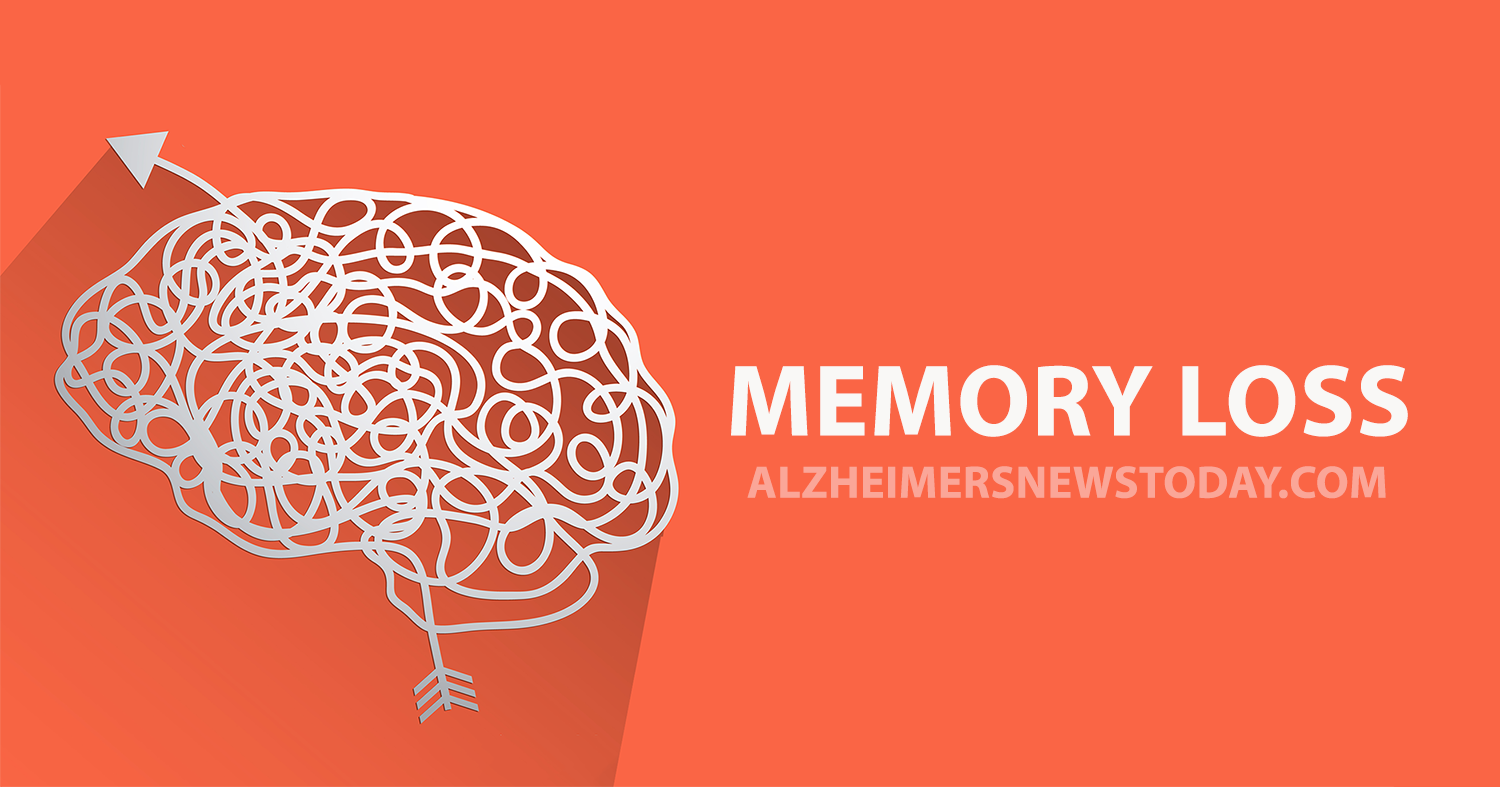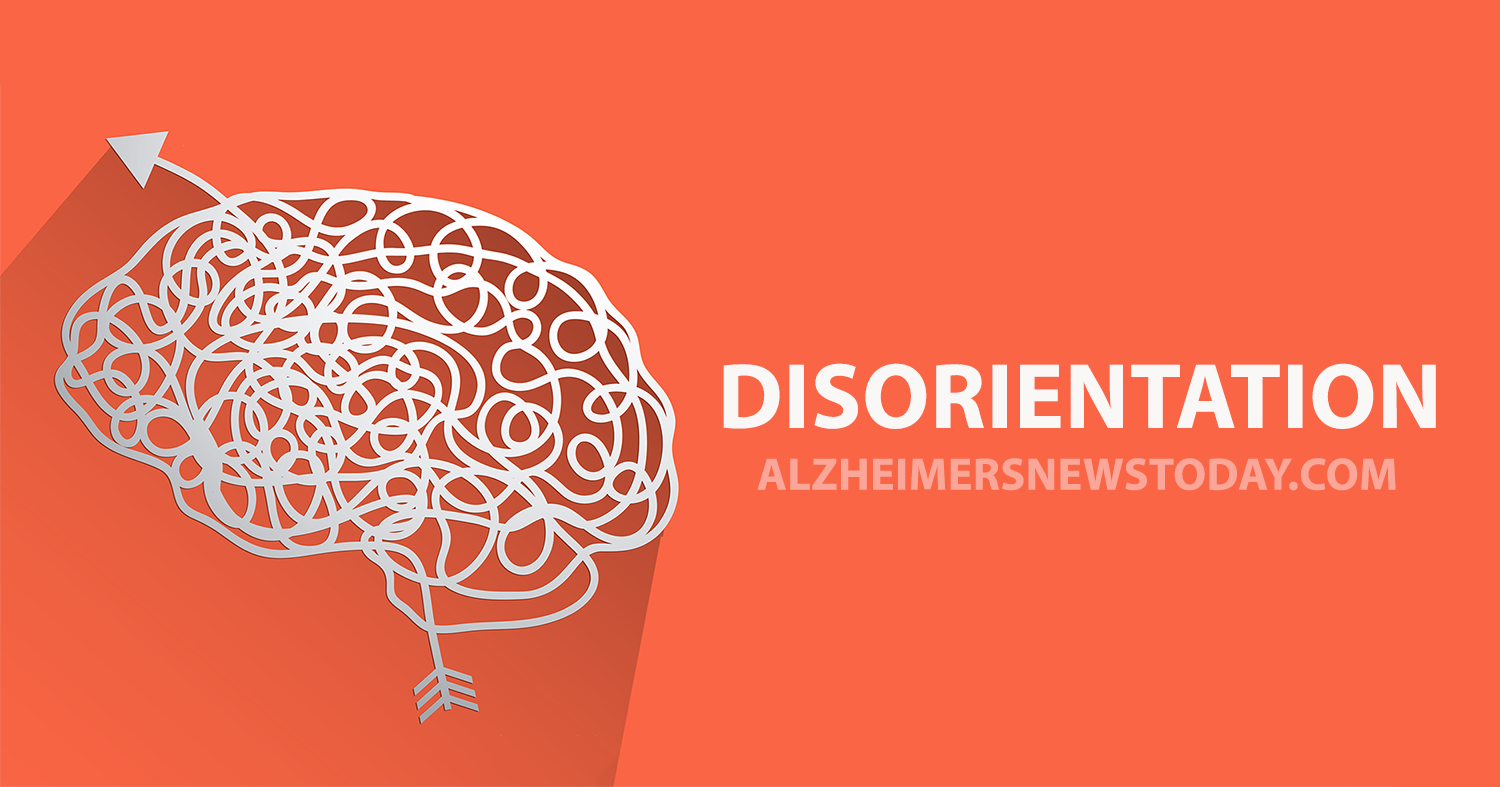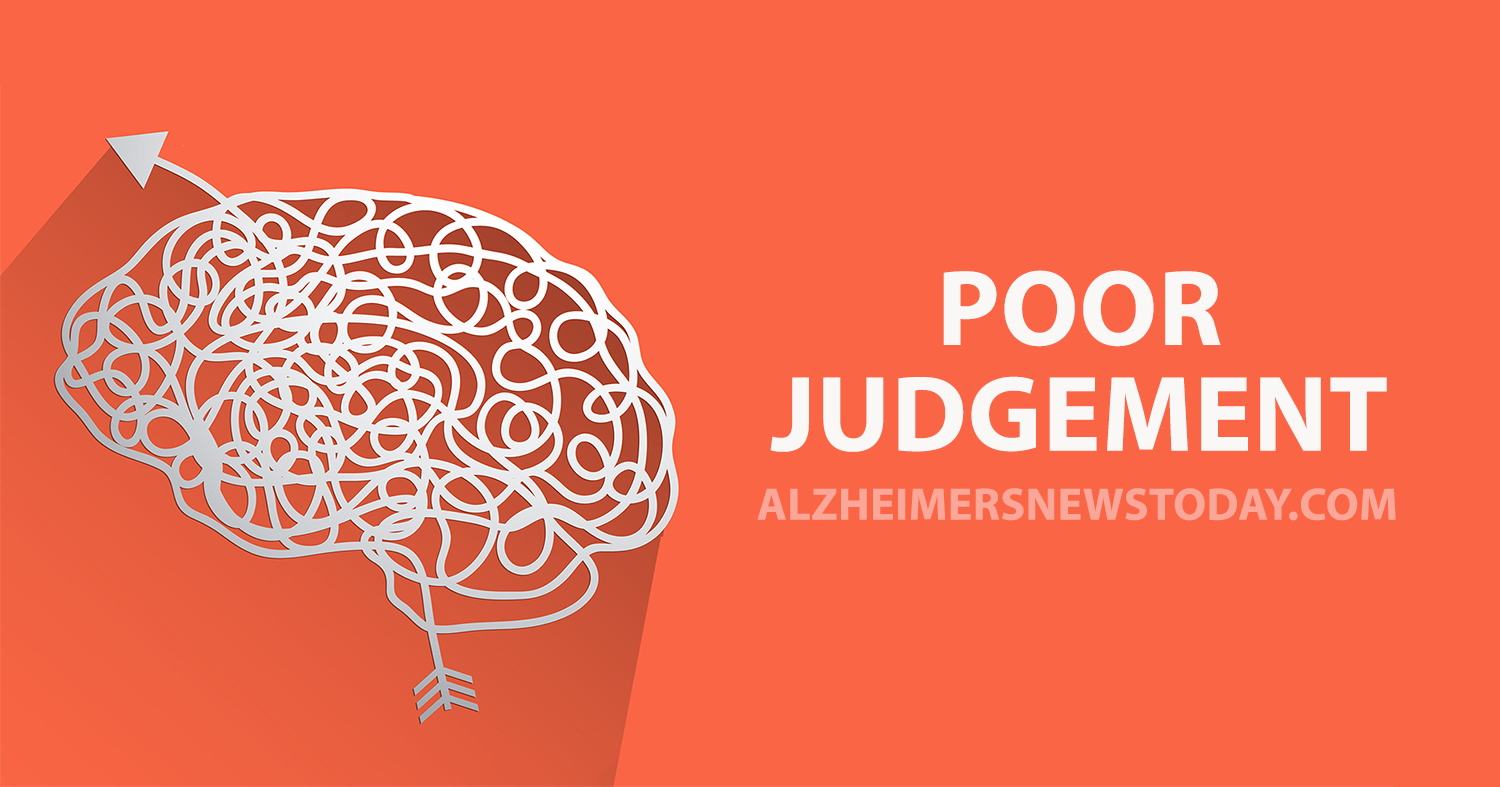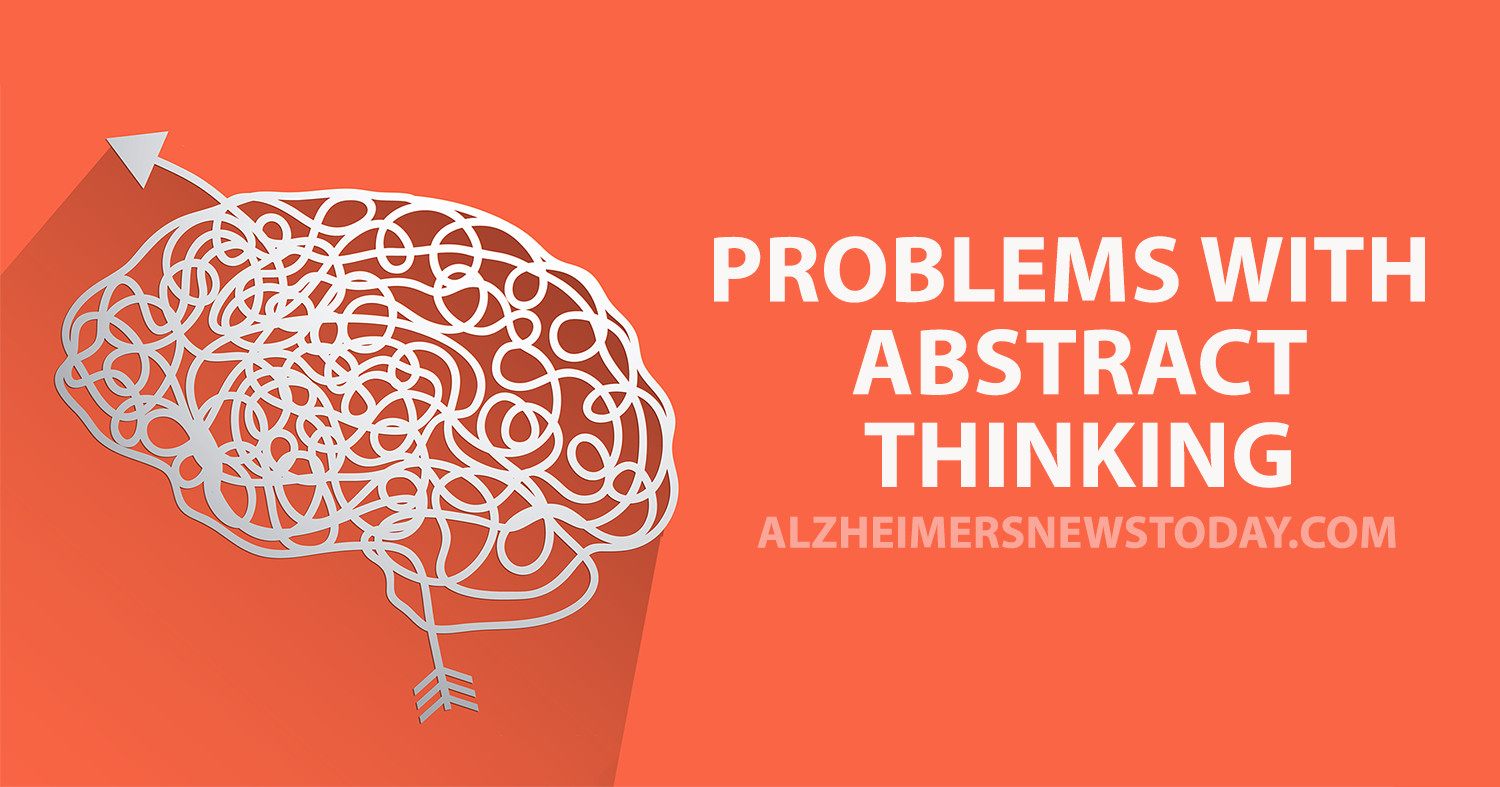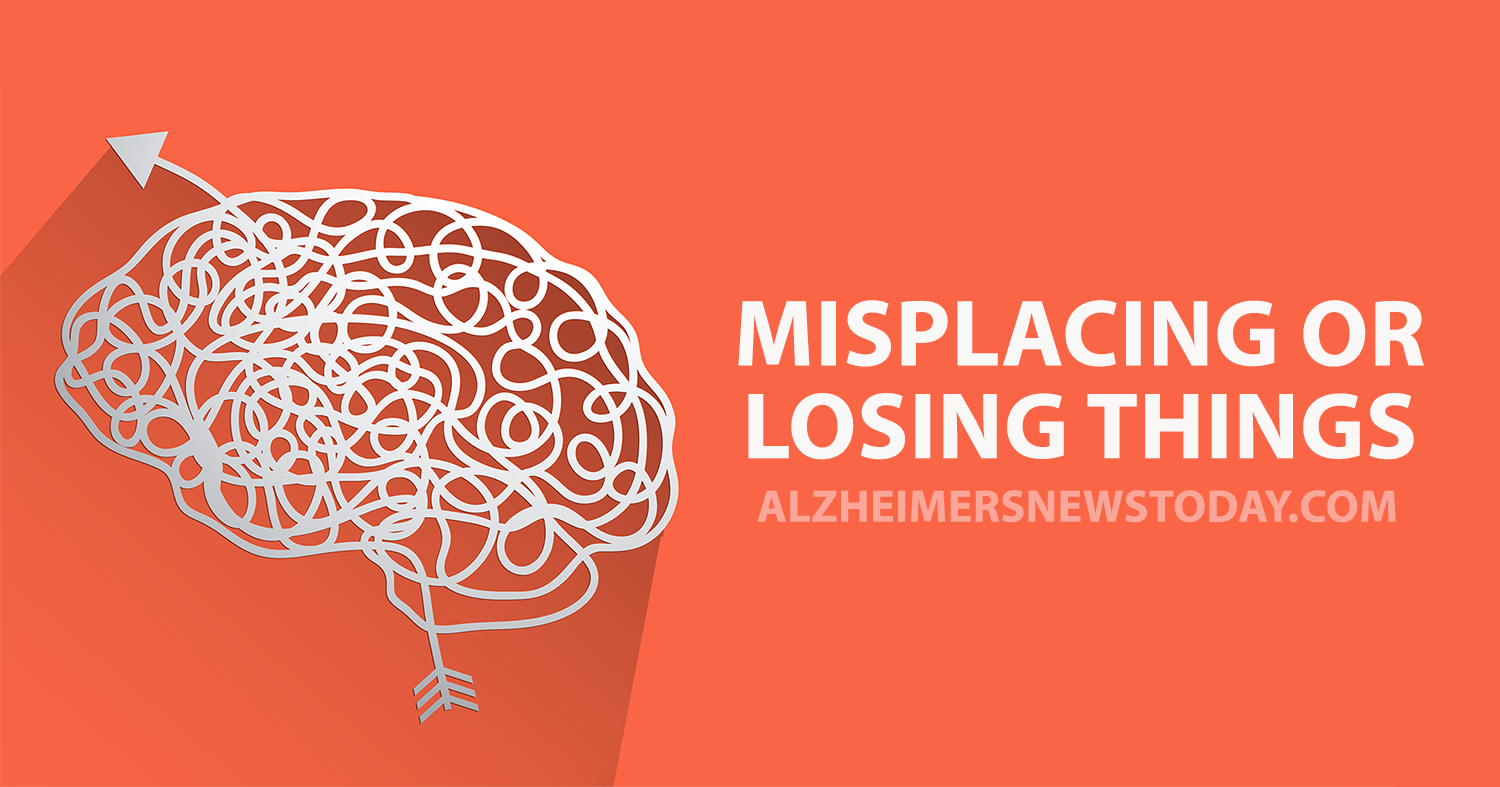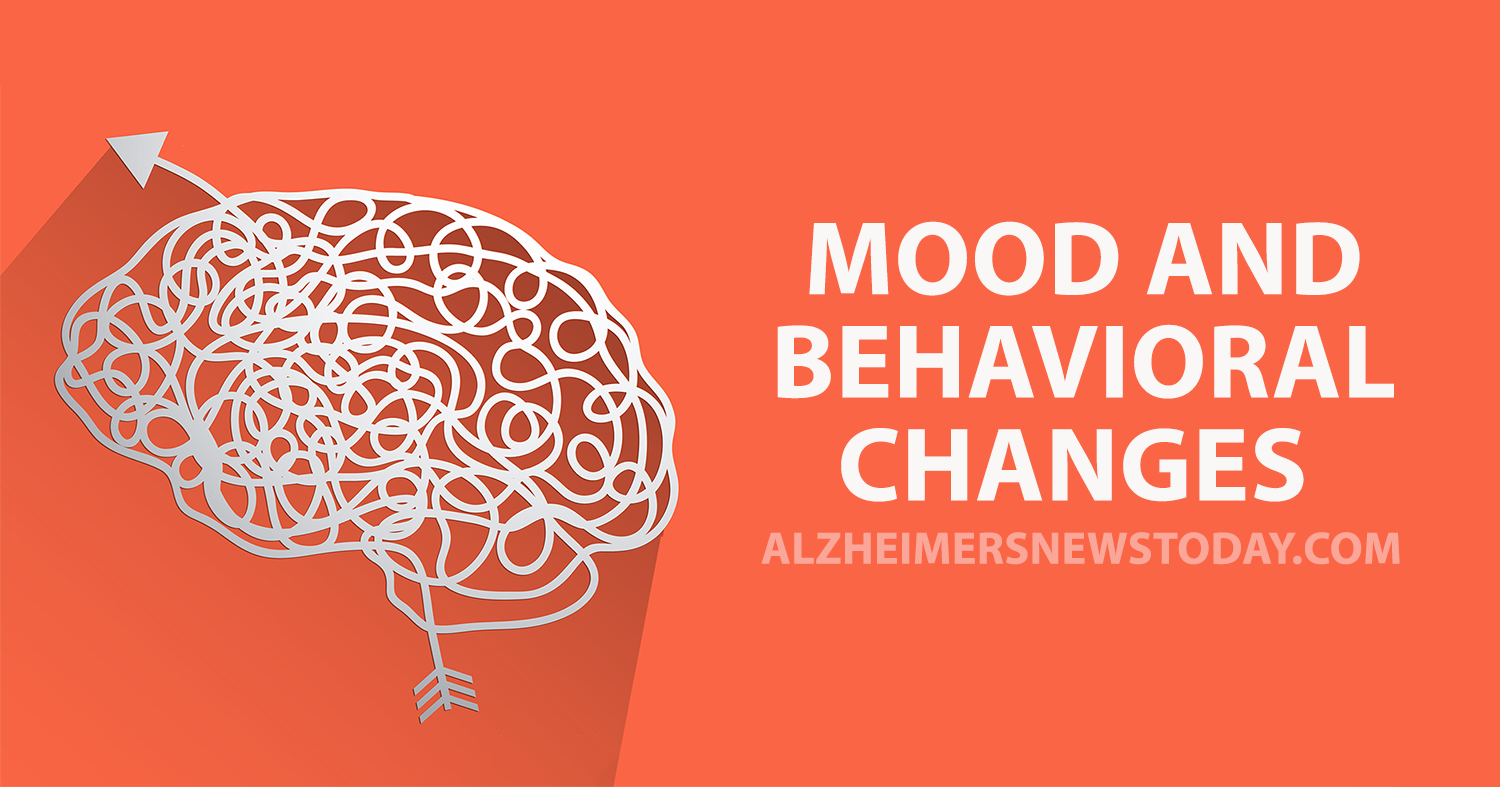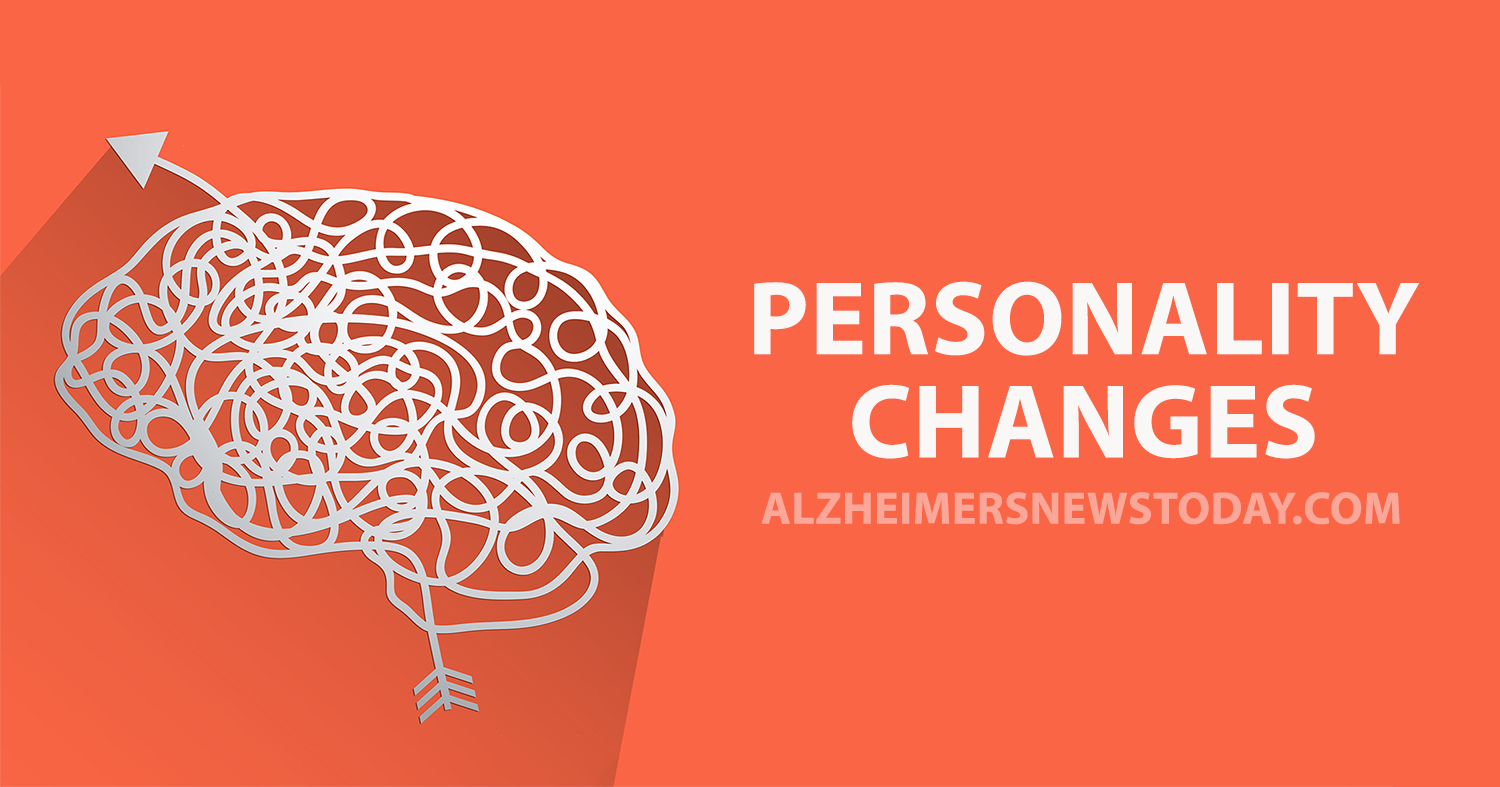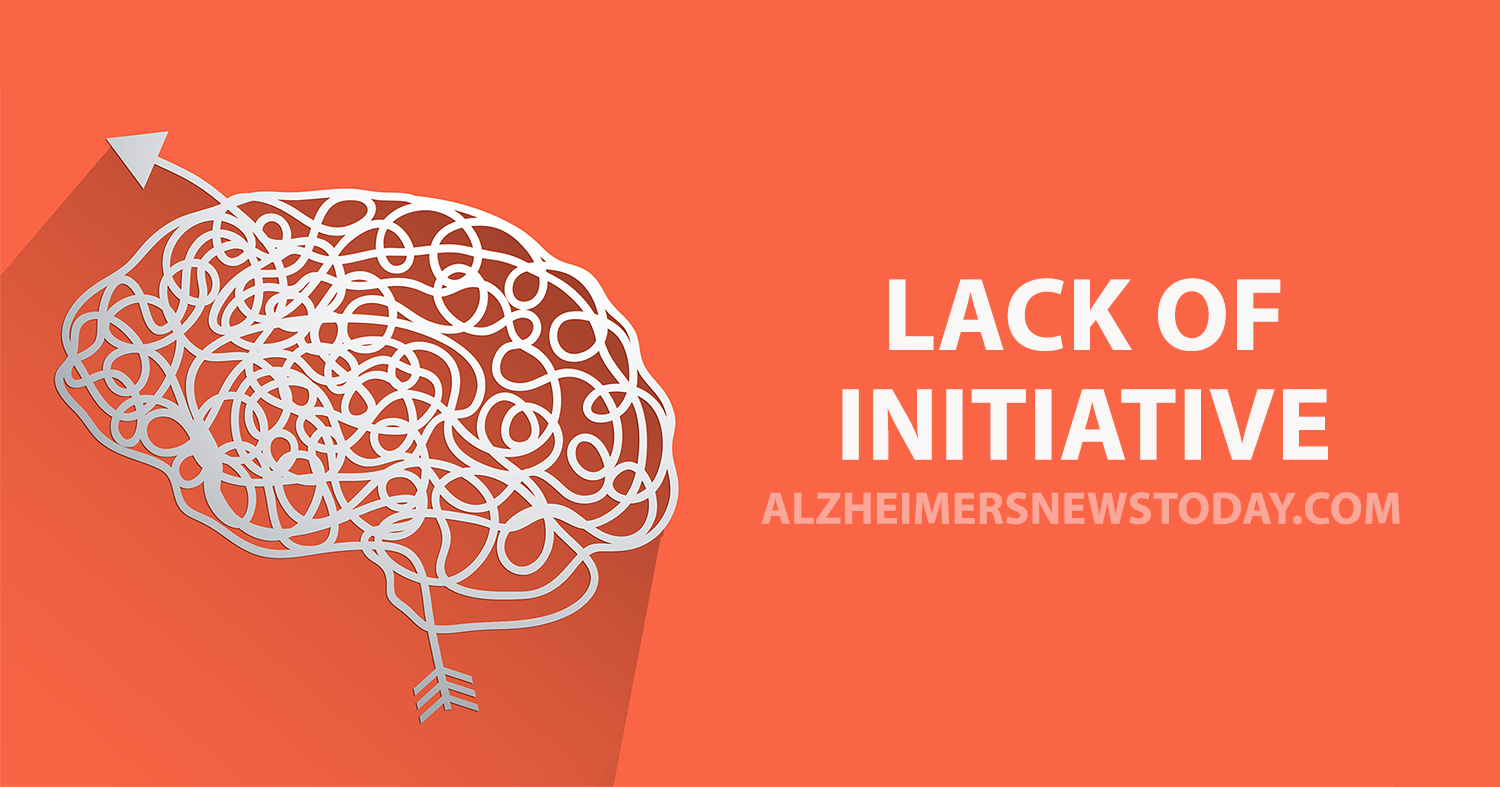10 Warning Signs of Alzheimer’s Disease
Written by |
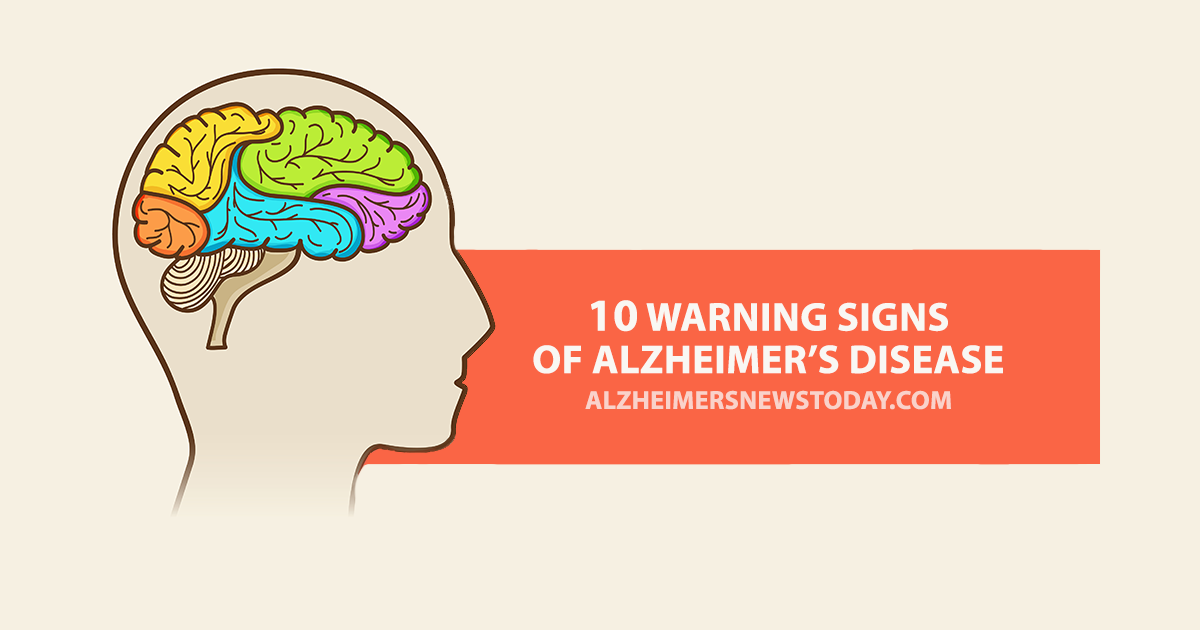
Elder Rage is Jacqueline Marcell’s tribute to her parents, and the struggles she and they went through before the couple was diagnosed with Alzheimer’s disease. She wrote the book to help guide others in a similar situation.
Marcell also put together this list of 10 Warning Signs of Alzheimer’s. She recommends that people caring for someone with warning signs use the above link to print out the list and keep it handy, and keep a notebook of things that seem “a bit off, a bit illogical or irrational.” If worries begin to build, she strongly recommends the person be tested by a dementia specialist (a neurologist with a specialty in dementia finally helped her parents), so that if Alzheimer’s is found, treatment can start at an earlier stage.
More about Marcell’s book, and her and her parents’ story, is available at www.elderrage.com.
Here are those 10 warning signs:
Occasionally forgetting something is fine, but when a person begins to forget things regularly and is often confused about what they should be doing then this could be a signal that something is amiss.
Watch “Think Like a Scientist” a video about Alzheimer’s disease.
Forgetting they were in the middle of cooking dinner, having trouble remembering where things are kept, and experiencing difficulties in tasks they do every day could be a sign of Alzheimer’s disease developing.
What exactly is Alzheimer’s disease? Here’s what you need to know.
Suddenly forgetting words, finding it difficult to speak in coherent sentences, or struggling to recall what certain objects are called.
Find out about the New York City restaurant serving Alzheimer’s-preventing dishes.
Not realizing where they are or who they are with. Not realizing the time of day. Often people with Alzheimer’s disease can get lost and forget how to get back home. They may also be found wandering around at inappropriate times such as late at night.
Discover how Alzheimer’s disease affects the memory and brain.
Dressing inappropriately for the weather or occasion, getting on the wrong public transport, going to the wrong places or forgetting to eat are all signs of poor judgment.
Read our six tips to help make life easier with Alzheimer’s disease.
Being unable to complete crossword puzzles, do simple arithmetic, solve problems all show that their cognitive skills are not working as well as they should.
Did you know that Alzheimer’s risk may be reduced by regular exercise and a healthy diet?
Alzheimer’s sufferers are more prone to losing and misplacing items. Often the items can later be found in very strange places, for instance, a cell phone in the fridge or their house keys in the laundry.
Is it possible to treat Alzheimer’s a decade before symptoms appear? Find out more here.
Dramatic changes in a person’s mood and everyday behavior could indicate that there’s a problem. Mood swings—happy one minute, crying the next—are also commonplace.
Better understand Alzheimer’s disease in just three minutes.
A person who was once outgoing and confident can become introverted and afraid if they have Alzheimer’s disease. This can happen quickly or gradually over a long period of time.
Researchers find some wiggle room in the fight against Alzheimer’s disease. Find out more.
Where a person would normally see household chores that needed to be taken care of, a person with Alzheimer’s may not realize or notice. They are also likely to become uninterested in things they used to enjoy such as watching their favorite television program or socializing with friends.
What’s the major difference between Alzheimer’s disease and dementia? Find out here.
Alzheimer’s News Today is strictly a news and information website about the disease. It does not provide medical advice, diagnosis or treatment. This content is not intended to be a substitute for professional medical advice, diagnosis, or treatment. Always seek the advice of your physician or other qualified health provider with any questions you may have regarding a medical condition. Never disregard professional medical advice or delay in seeking it because of something you have read on this website.



